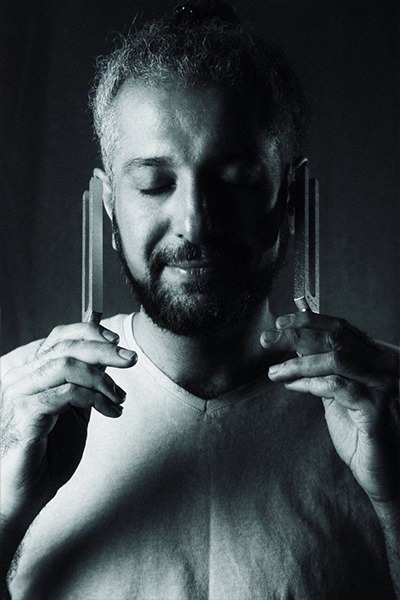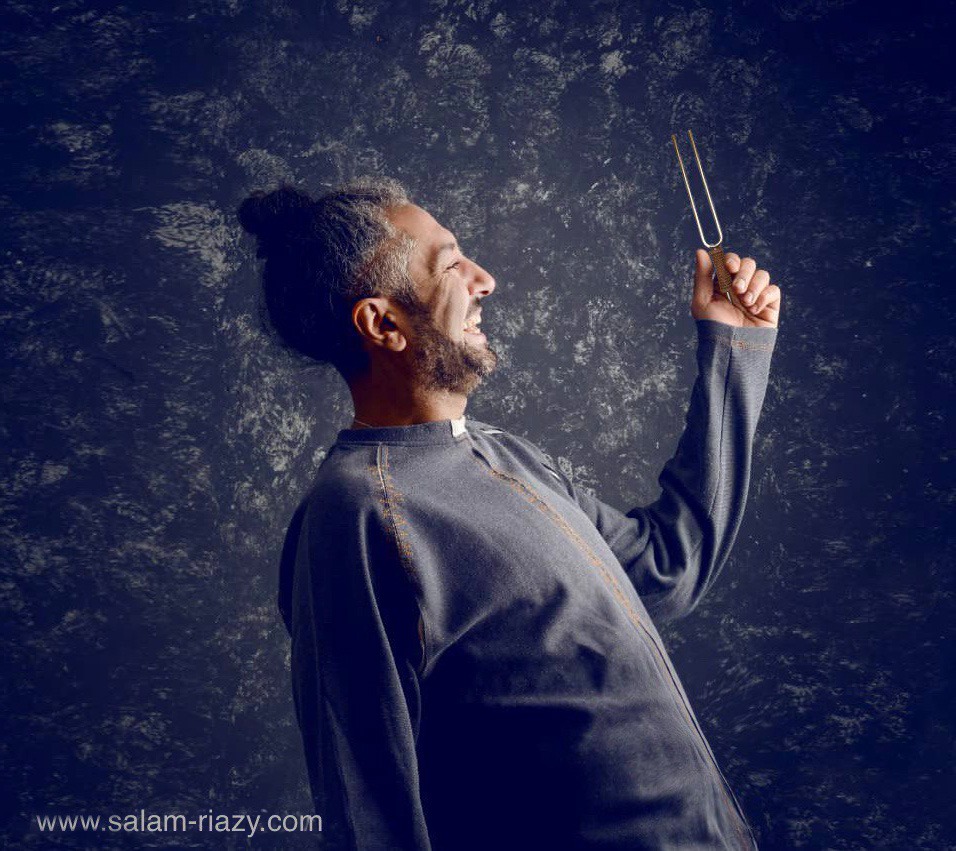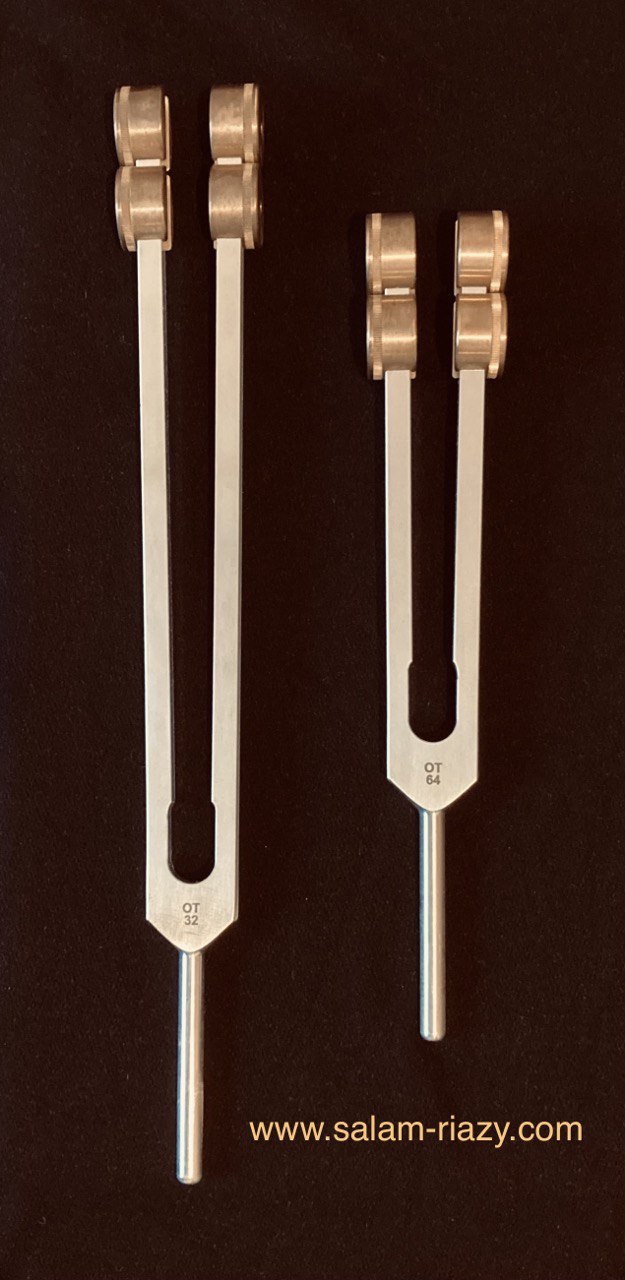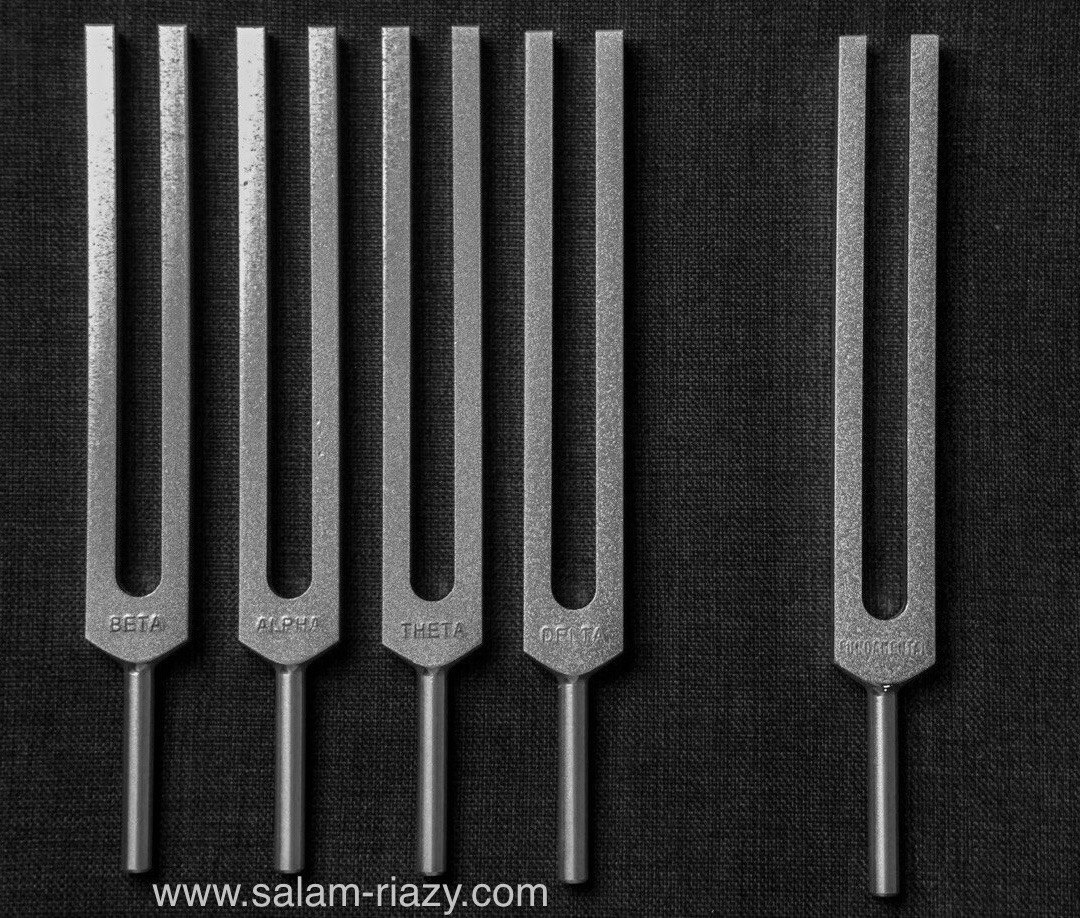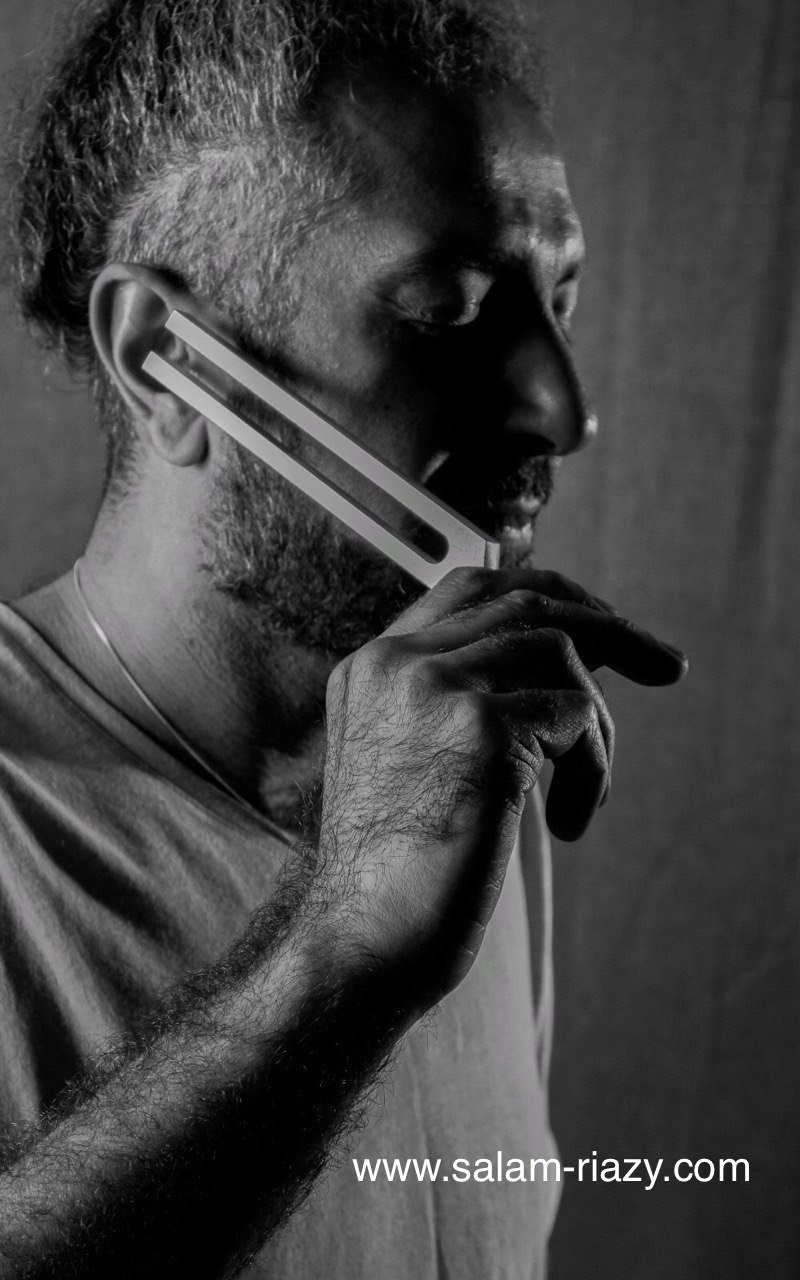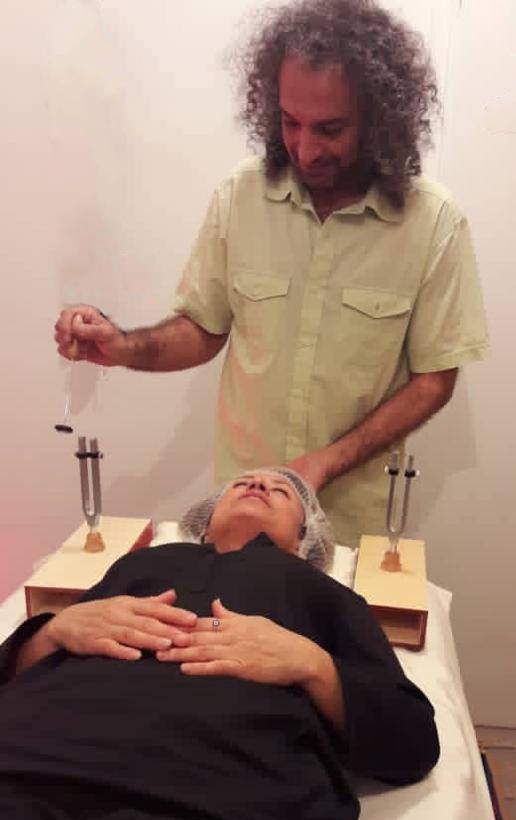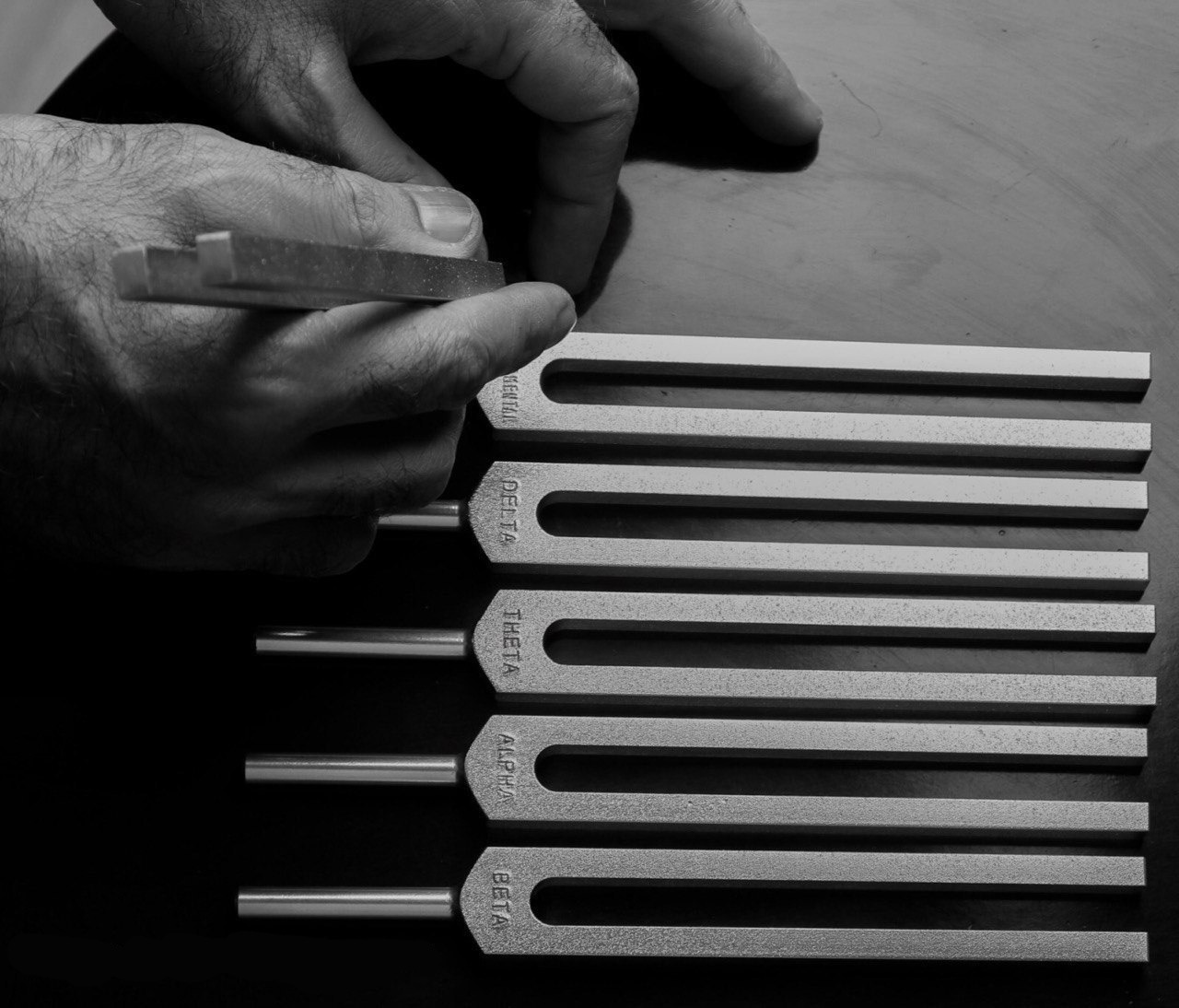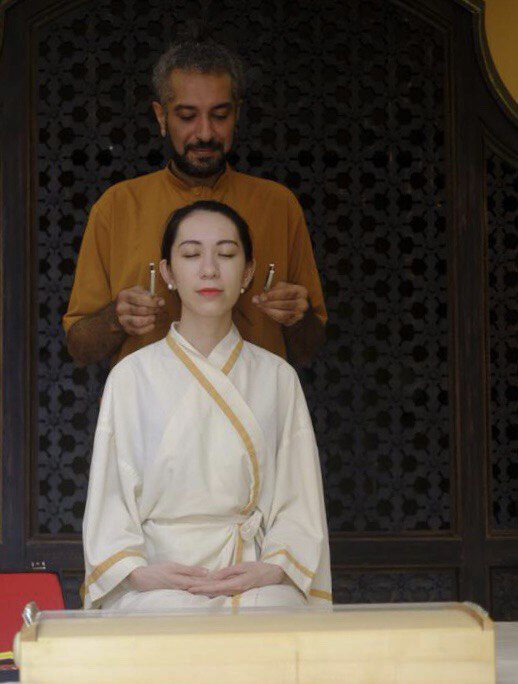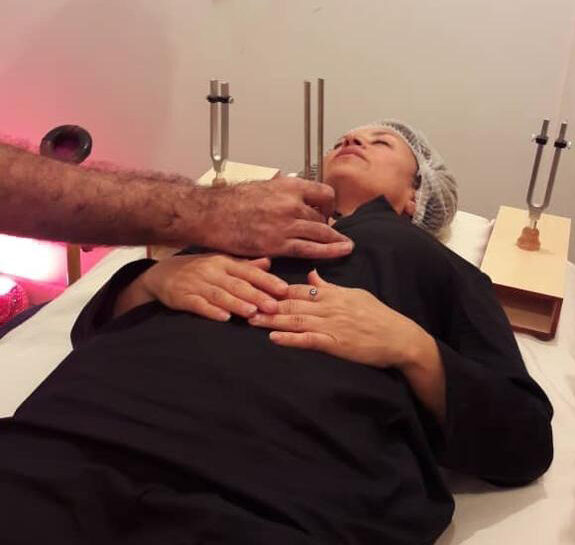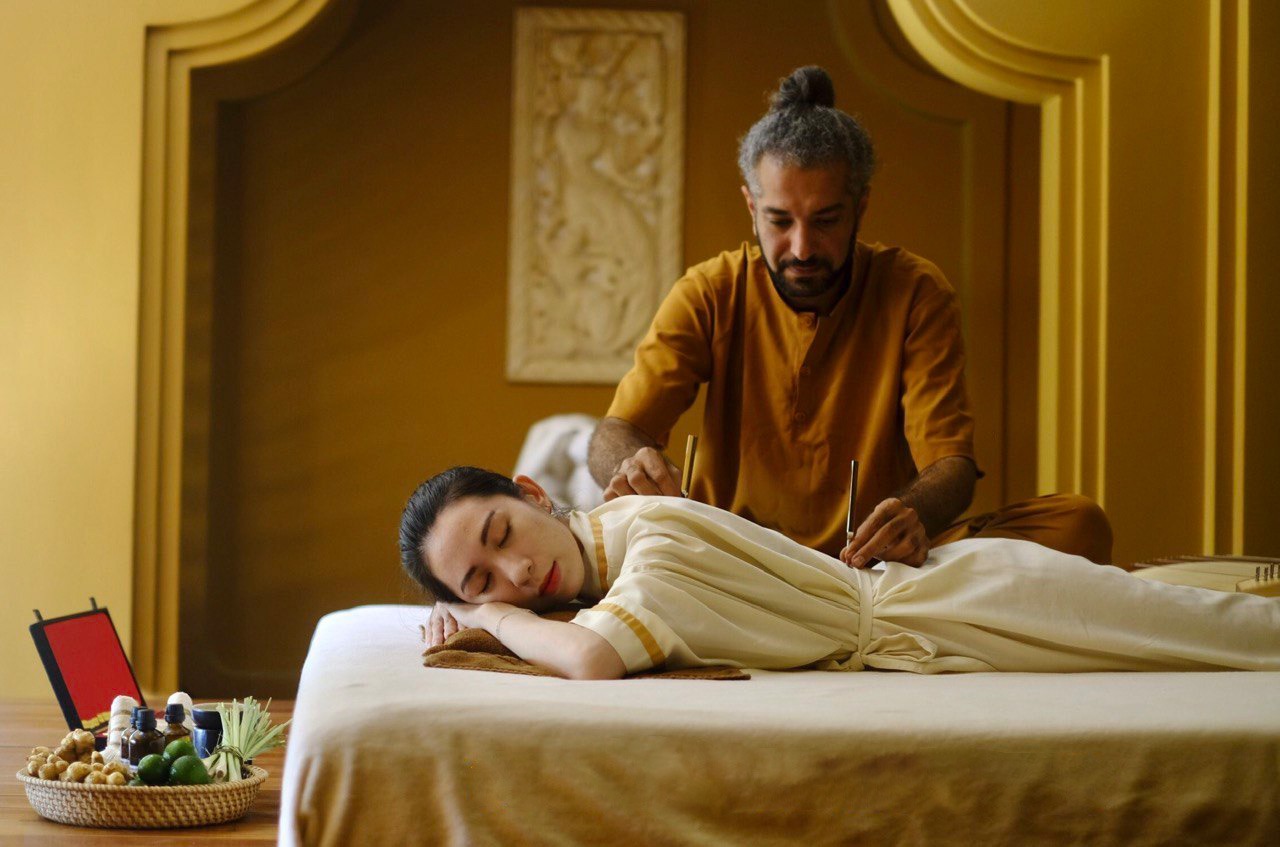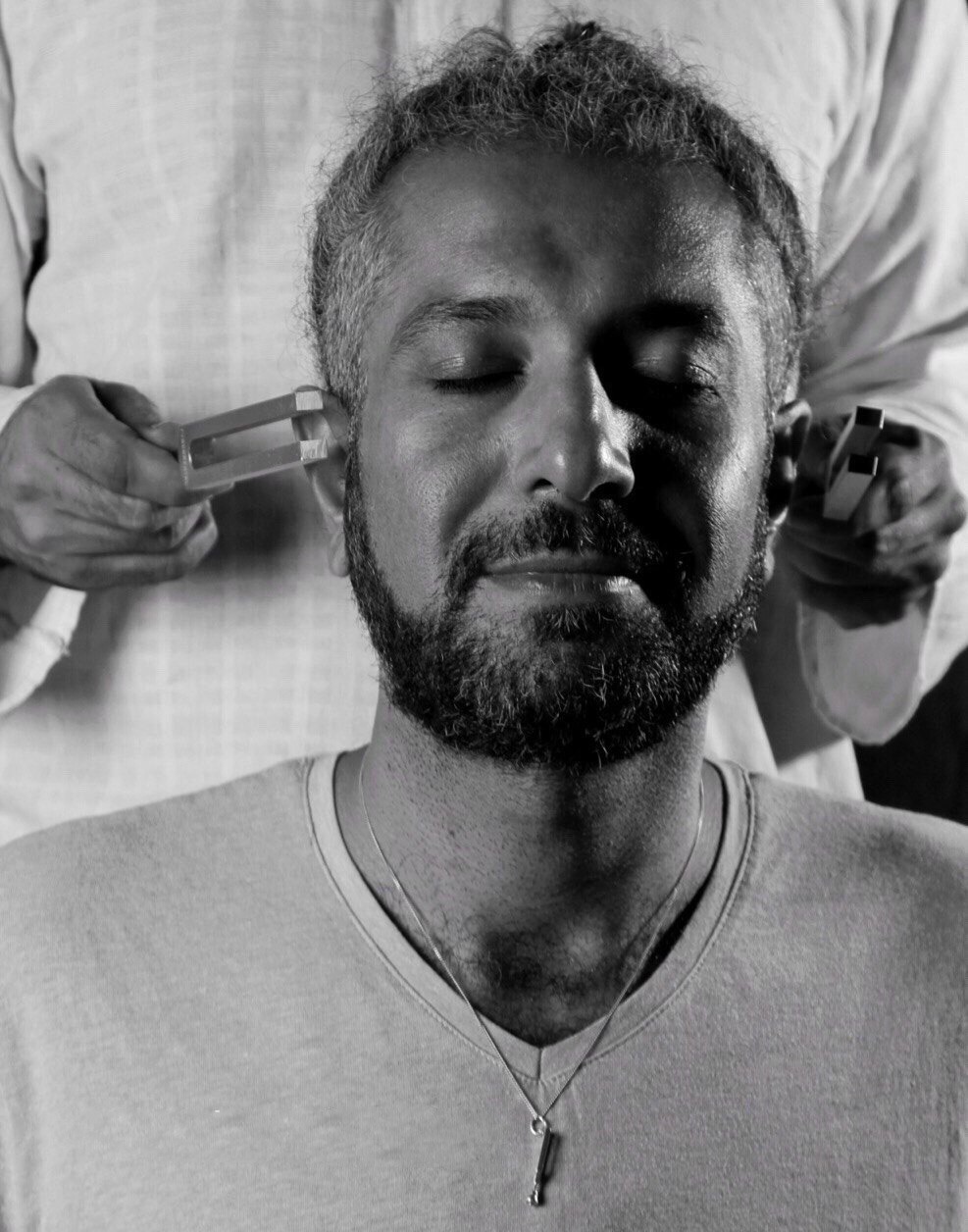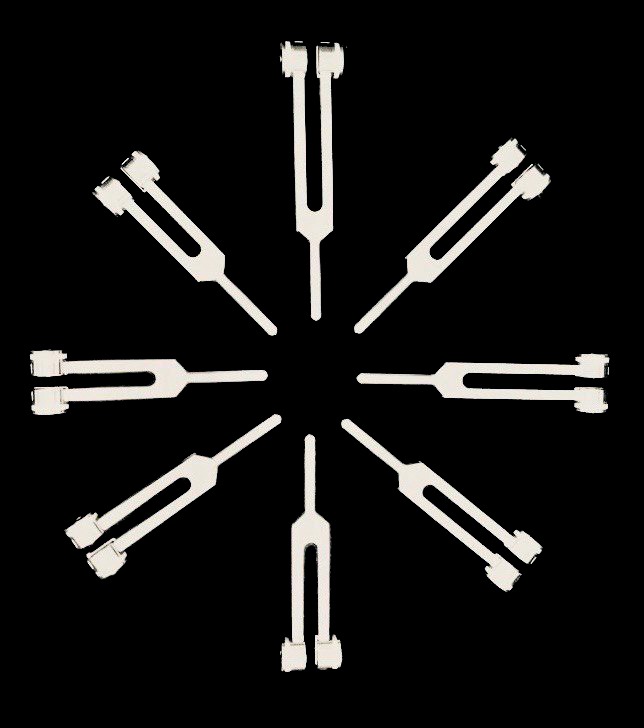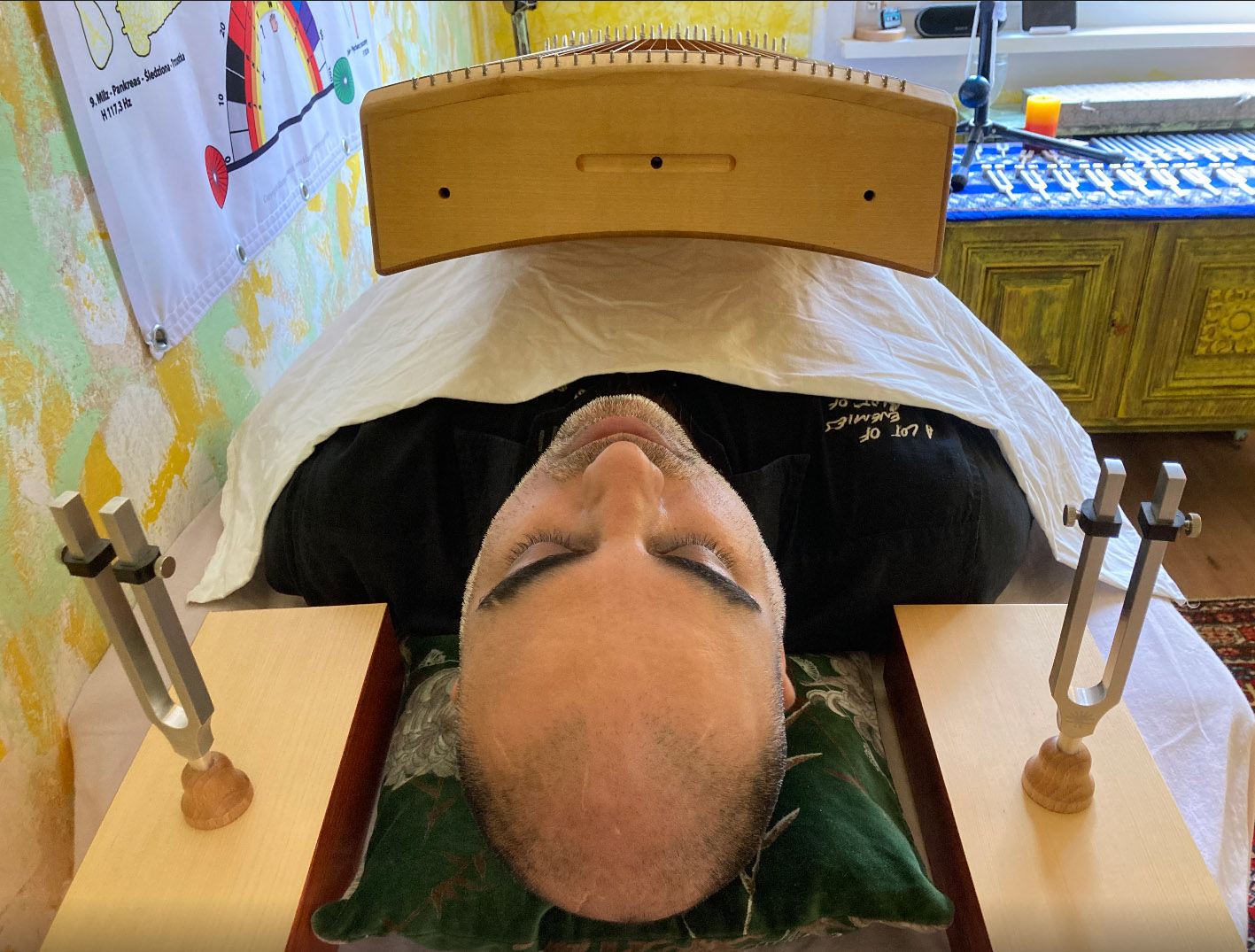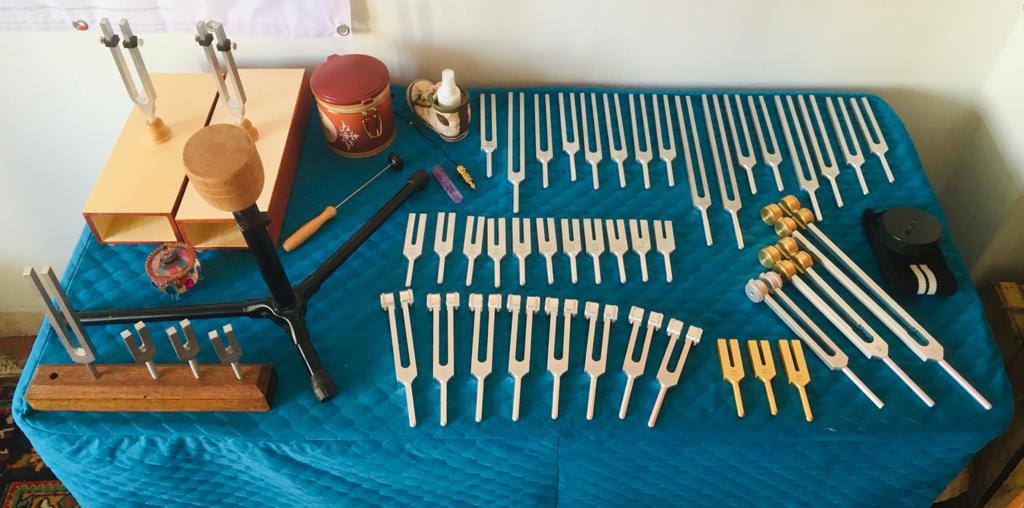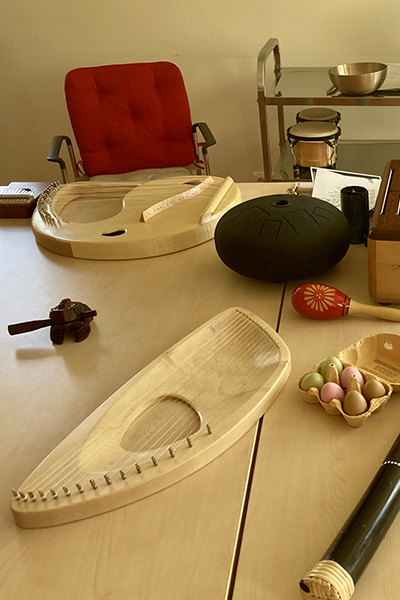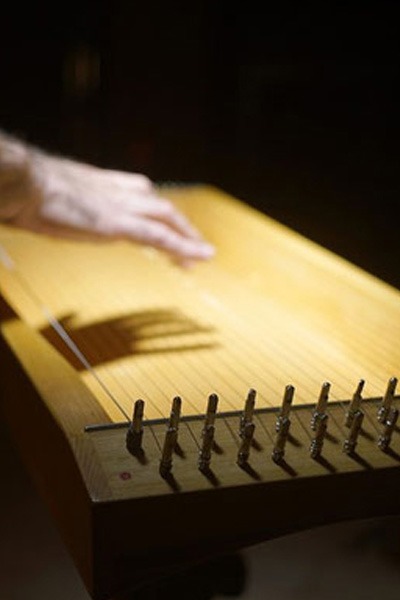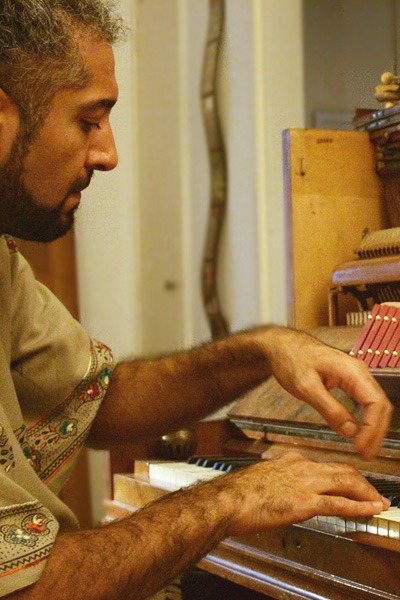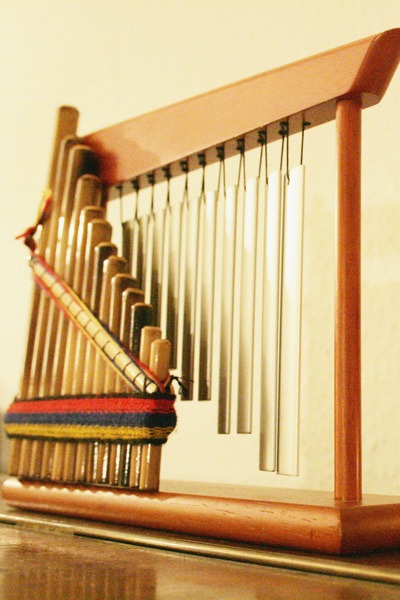Schwingung
Der Körper, der in der Vergangenheit das Schicksal einer Person und ihre unbewusste Identität geformt hat, ist heute eine Aussage, der immer Frische, Eleganz und Vitalität verliehen werden können. Vielleicht liegt es gerade daran, dass wir immer von unserem Körper erwarten, dass er auf die bestmögliche Weise funktioniert und Ausdauer sowie zeitlose Jugendlichkeit besitzt.
In Anbetracht der Tatsache, dass der menschliche Körper harmonisch und rhythmisch ist, kann man sich vorstellen, dass unser Körper eine Art Orchester ist und der Dirigentenstab dieses Orchesters die Stimmgabel ist, die mit ihrer Hilfe die verschiedenen Teile des Körpers so lenkt, dass sie ihre gewünschte Schwingung erreichen und auf diese Weise in Harmonie und Koordination gelangen.
Was ist Stimmgabeltherapie?
Stimmgabeltherapie ist eine therapeutische Methode mit akustischer Vibrationsfähigkeit zur Stärkung, die durch die Verwendung bestimmter Schallwellen-Schwingungen eine erneute Koordination ermöglicht und bei der Befreiung von Störungen und der Organisation des Energiefelds im Körper hilft.
Zellfunktion mit Stimmgabeltherapie
Der menschliche Körper besteht ungefähr zu siebzig Prozent aus Wasser. Wasser überträgt Schwingungen viermal schneller. Im Körper werden Schwingungen der Schallwellen absorbiert und schwere Blockaden gelöst. Jede Zelle im Körper wird durch diese Schwingungen sanft massiert und sozusagen neu gestimmt.
Wissenschaftliche Untersuchungen haben gezeigt, dass die übertragene Vibration von der Schallwellentherapie auf Nervenzellen, Endothelzellen, Immunzellen die Freisetzung von Stickstoffoxid stimuliert, was einen vitalen Einfluss auf unsere Gesundheit hat.
Was ist eine Stimmgabel?
Eine Stimmgabel ist ein Instrumment aus rostfreiem Stahl oder Kristall, mit akustischer Reinheit, einer robusten Struktur, einer langen Schwingungsdauer und verschiedenen Frequenzen. Der Klangschraubenschlüssel ist ein präzises Werkzeug, das durch die Erzeugung von Resonanzfrequenzen die innere Harmonisierung ermöglicht.
Auswirkungen von Stimmgabeltherapie
Eine vibrierende Stimmgabel in der Nähe des Ohres beschleunigt das Gleichgewich und die Harmonisierung des gesamten Stoffwechsels aller Organe, die direkt mit dem Hörnerv verbunden sind.
Studien haben gezeigt, dass die Auswirkungen von Stimmgabeltherapie einerseits zur Reduzierung von Angst und Stress, zur Schaffung von Gleichgewicht im Nervensystem und andererseits zur Steigerung der Konzentration und der Menge an tiefem Schlaf verwendet werden kann, um Ungleichgewicht oder Blockaden vorzubeugen. Darüber hinaus beeinflussen verschiedene Stimmgabeln die biologischen Rhythmen oder unsere biologische Uhr, was es uns ermöglicht, uns mit natürlichen Zyklen zu synchronisieren.
Stimmgabeln für die Gehirnwellen
Forschungen zeigen, dass das menschliche Gehirn tagsüber ständig zwischen verschiedenen Bewusstseinszuständen wie Delta, Theta, Alpha und Beta wechselt.
Das Erreichen von Zielen erfordert Einblick in den Alpha-Zustand, die Ressourcen des Theta-Zustands und den tiefen Schlaf des Delta-Zustands.
Die Stimmgabeltherapie ermöglicht es, verschiedene Bewusstseinszustände zu verändern. Jeder Bewusstseinszustand hat sein eigenes Frequenzspektrum, das mithilfe eines EEG gemessen werden kann.
Die Bedeutung der Veränderung von Bewusstseinszuständen besteht darin, dass wir in jeder Situation den Anforderungen alltäglicher Aktivitäten und Aufgaben gerecht werden können.
Um dies zu erreichen, verwende ich die Stimmgabeln,womit die gewünschten Gehirnwellen herbeigeführt/erzeugt werden können.
Anwendung der Stimmgabel?
Die Funktionsweise der Stimmgabel besteht darin, dass langsam eine Schwingung oder eine Kombination bestimmter Schwingungen im magnetischen Feldraum einer Person oder in der nähe des Ohres entsteht und verwendet wird. Die wichtige Rolle des Hörorgans liegt in der Übertragung von Schallwellen an das Nervensystem, was die Funktion der Hauptorgane des Körpers beeinflusst.
Resonanz der Stimmgabeln
Unsere Nervensystem wird durch den vibrierenden Klang der Stimmgabel aktiviert. Wenn der Körper Vibrationen ausgesetzt ist, wird je nach Art der Quelle eine positive oder negative Resonanzfrequenz erzeugt, die die feine Struktur der Körperzellen beeinflussen kann. Körperzellen reagieren auf bestimmte Frequenzen. Wenn die Zellen gesund sind oder, mit anderen Worten, sich im ‘gewünschten Zustand’ befinden, reflektieren sie die Schwingungen, ähnlich wie die Stimmgabel.
Alles ist in Schwingung
Schwingung und Frequenz können als Grundlage für jede Bewegung oder Rotation betrachtet werden. Heutzutage gibt es viele Schwingungen und Frequenzen wie sehr laute Geräusche und ultraviolette Strahlen um uns herum, die unserem Nervensystem Schaden zufügen und es stören können. Geräusche aus jeder Quelle können für unsere Gesundheit nützlich oder schädlich sein.
Ziel
Selbsttherapie ist unser Ziel und wir aktivieren unsere Gesundheit mit Musik. Unser Körper und unsere Psyche senden uns Botschaften in Form von Störungen.
Wollen Sie im Alltag Druck abbauen und neue Fähigkeiten in Ihr Leben bringen?
Dann, wenn Sie sich ausruhen möchten, gönnen Sie sich eine Stunde Pause, gleichzeitig berühren und hören Sie wirksame, wohltönende Instrumente, heilsame Klänge und harmonisierende Schwingungen. Sie werden sich besser fühlen.
